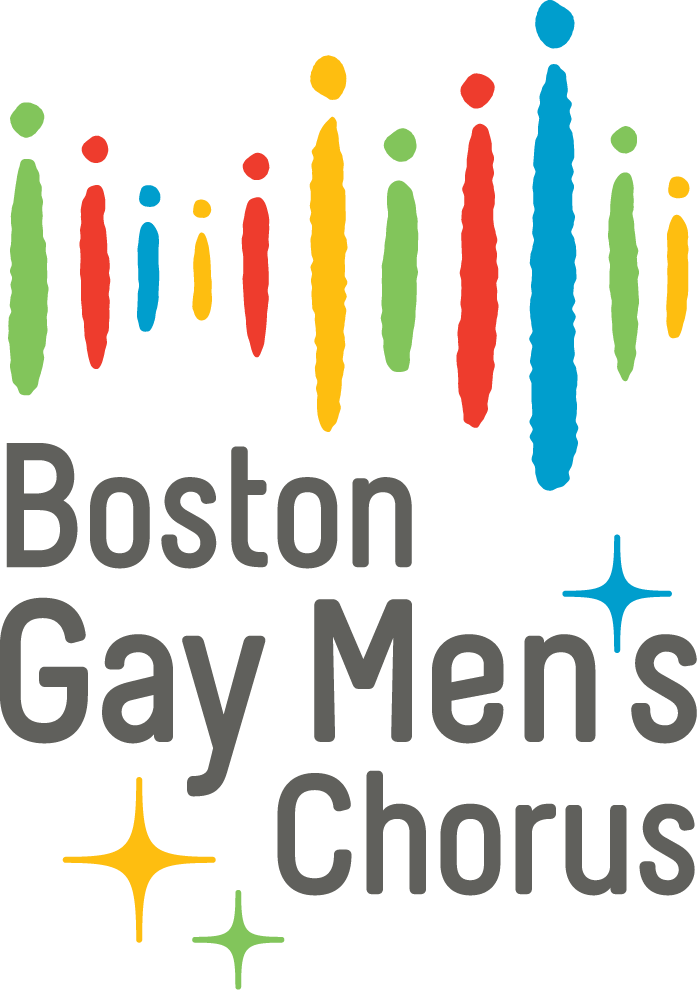South Africa’s framework of legal protections and its visible, organized LGBTQ community make it unique among African countries. Anti-LGBTI discrimination was explicitly outlawed in the constitution the country adopted in 1996, after the apartheid regime fell and Nelson Mandela was elected president. Since then, more protections have been put in place, including the overturning of homophobic sodomy laws, and implementation of housing and employment protections, and adoption and marriage rights. In fact, South Africa is the only country on the continent where same-sex couples can marry. By contrast, 38 of 54 countries in Africa have criminalized same-sex activity in some form. Punishments range from fines to prison to death.
But as South African refugee Victor Chikalogwe told us recently, “In South Africa, everyone says, ‘Oh, the South African Constitution is very beautiful! But when it comes to implementing it [there are problems].”
When we are in Cape Town, we’ll meet with Chikalogwe, who is the gender rights and LGBTQ advocacy coordinator at PASSOP (People Against Suffering, Oppression and Poverty), a grassroots nonprofit that advocates for asylum-seekers, refugees and immigrants in South Africa. The organization has been instrumental in helping LGBTQ refugees and asylum seekers, who face unique challenges in resettling in South Africa.
Our June 21 concert in Cape Town will benefit PASSOP, and all proceeds will fund Chikalogwe’s work with LGBTQ refugees. Our June 22 concert will benefit LGBT people in Cape Town who are homeless. (That’s why we’re raising money in advance of the trip for our member scholarship fund, and to cover tour expenses such as concert production costs. We want every penny spent on our concert tickets to fund these life-saving services!)
PASSOP founder Braam Hanekom explained in a blog post last year some of the challenges faced by LGBTQ refugees. First and foremost, they are “doubly marginalized” because of their sexual orientation and/or gender identity and their refugee status. He further described the problems they face:
“[T]hey are not accepted into their own refugee communities because of their sexual orientation/gender identity nor are they accepted into LGBTI communities because they are foreigners. They encounter homophobia, xenophobia, violence, discrimination, and abuse by the general population, their own refugee communities, as well as the police and government officials.”
These problems were documented at length by PASSOP in the 2013 report “Economic Injustice: Employment and Housing Discrimination Against LGBTI Refugees and Asylum Seekers in South Africa.” But Nomsa Ndlovu’s story perhaps better explains what many LGTQQ refugees face in South Africa. Ndlovu (not her real name) fled Zimbabwe when rumors about her lesbian identity began to swirl in her community.
“Years before I left home,” Nomsa explains, “I tried to conform to the cultural norms and standards prescribed for men and women, so as not to stigmatize and outcast my family because of my sexual orientation, but I failed.”
Even as she sought asylum in South Africa, however, she lived within South Africa’s Zimbabwe’s refugee community where she could not safely come out. She remained closeted for 10 years, dating men in order to throw off suspicions of her lesbianism, until she moved to Johannesburg to study journalism and finally felt safe enough to come out. Today, she lives openly with her life partner.
As more organizations like PASSOP continue to make a concerted effort to address the LGBTI refugee crisis in South Africa, there will be more success stories like Nomsa’s. Meanwhile, BGMC looks forward to learning more about LGBTI refugee resettlement in South Africa—and raising awareness of the problem so that those fleeing anti-LGBTI persecution can truly find a better life in South Africa.
https://youtu.be/mVztKy_UpMQ
